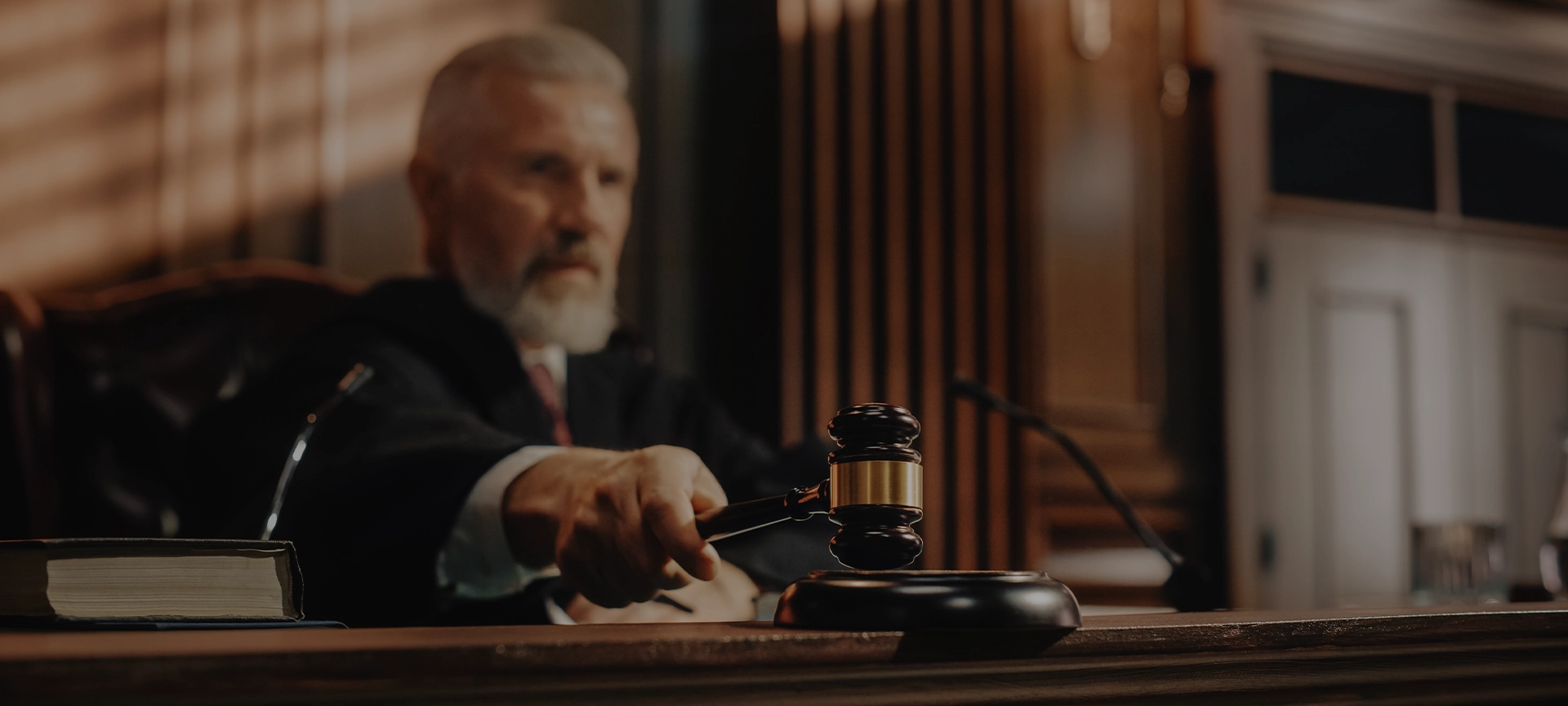Being accused of any crime can be stressful, but certain offences also come with a social stigma. Domestic assault comes with a potential criminal penalty but also ramifications for your personal and professional life.
With allegations, it’s important not to panic and to take the appropriate steps. Here, we’ll guide you through what to do in these situations and the best practices for handling domestic assault allegations.
Understand the Legal Definition of Domestic Assault
First of all, it’s important to know there is no exact definition of domestic assault. Instead, you will be charged with a type of assault. The domestic element will then be considered as an aggravating factor alongside the case, and the assault will be treated more seriously because of it.
It’s also vital to appreciate that assault can be committed without physical contact. Threats of violence and psychological abuse can also be treated as assault, alongside more familiar acts such as non-consensual contact and punching.
The reason it’s treated more seriously is the power imbalance and/or emotional dependence that comes with domestic settings. Abusing these is seen as more heinous, and there is also a risk of escalation, a negative impact on children, and a risk of offending.
Be Prepared for Emotional Stress
Domestic assault cases take an emotional toll on those accused. Not only will your home life be affected, but word of the arrest is likely to spread. It’s good to anticipate what’s to come so you can better prepare for it.
The biggest immediate concern is that you’re highly unlikely to be able to return to your home, presuming you and the alleged victim lived in the same property. This entails immediately finding somewhere else to live and the potential financial stress that comes with it.
An accusation of this sort is also going to come with strained relationships with family and friends. It can also affect your employment if the alleged offence becomes public. Even if you know you’re innocent, the likelihood is that many will presume you’re guilty.
Further complications can come with the custody of children. You should look at having a strong support system in place. Looking into mental health resources can also be a great idea if you’re struggling.

Do Not Contact the Alleged Victim
Whether you feel you’re just about to be arrested or have already been released on bail, you should never contact the alleged victim. It can be tempting to try and smooth things over, plead with them, or apologize, but you should resist.
This can compromise your case and even lead to harsher penalties should you be found guilty. This applies even if the complainant tries to initiate contact with you. Any necessary contact needs to be made through legal channels.
Part of the reason contact can be tempting is that those accused may want to plead with the alleged victim to drop the case. On this note, it’s pertinent to know that once the complaint has been made to the police, the accuser cannot drop the charges. This is to protect them from intimidation and coercion.
In addition to the alleged victim, you also should avoid speaking to any of their friends, discussing the case publicly, or venting to coworkers. Any of these statements can be used against you in court. Stay silent and let your lawyer do the talking.
Related Article: https://www.agpllp.ca/7-mistakes-to-avoid-after-a-domestic-assault-charge-in-canada/
Hire an Experienced Lawyer
With domestic assault cases, it’s easy to say and do the wrong thing. Whether it is remorse, frustration or any other feeling, emotions are often running high. First of all, a lawyer will be there to keep you focused on what will help your case.
Once you’ve been advised on what to say (and what not to), your lawyer can represent you at your bail hearing. Following this, they will represent you in court (should the case get that far) to challenge the prosecution’s evidence and find holes within the case.
Domestic assault cases can be hard to prove, and a domestic assault lawyer will not only use legal precedents but also their own case experience to give you the best possible chance at receiving a positive outcome.
Related Article: https://www.agpllp.ca/why-is-domestic-abuse-so-hard-to-prove/
Comply Strictly with Bail Conditions
With domestic assault, it’s likely that you’ll be granted bail, but often under strict conditions. The most common of these for domestic assault is what we mentioned above, not contacting the alleged victim.
There may be other conditions in place as well, such as staying away from certain areas/properties, a curfew, and abstaining from any substances. Breaching these bail conditions is a crime in itself. Not only that, but it’s also likely to harm your assault case should you break them.
Related Article: https://www.agpllp.ca/bail-conditions-for-domestic-assault-cases-in-canada/
Work with Your Lawyer
Your lawyer will ask you for all the relevant information to build your defence. This can mean giving them a wide variety of information to shed light on the relationship you had with the complainant. This can help to challenge the credibility of the allegations.
This information usually involves:
- Text messages (message services, emails, social media)
- Photos or videos
- Names of potential witnesses
- Any relevant police reports
Giving over some of this information can be embarrassing, such as intimate messages or photos. Others may also feel uneasy about sharing personal conversations. However, if you or your lawyer feel that it can help your case, then it’s important to be as open and honest as possible.

Understand Who You’re Fighting Against
As mentioned, only the prosecution can decide whether the charges proceed. Instead of thinking it’s the accused vs the accuser, it’s better for your mindset to realize that you’re fighting against the prosecution and their evidence.
This will help you to take the personal element and some of the emotion out of the case. The prosecution are the ones who will be searching for a guilty verdict. Your lawyers will represent you and following what they advise is always the best course of action.
Final Thoughts
There is no doubt that it can be hard to follow the best practices for handling domestic assault allegations. With emotions riding high, mistakes can be easily made. If you follow the advice here, you’ll be on the right track.
An experienced lawyer will not only advocate on your behalf but also be there to provide advice and guidance through each step. If you’re in need of legal assistance, contact AGP LLP today, and we’ll be happy to offer you a free consultation.





